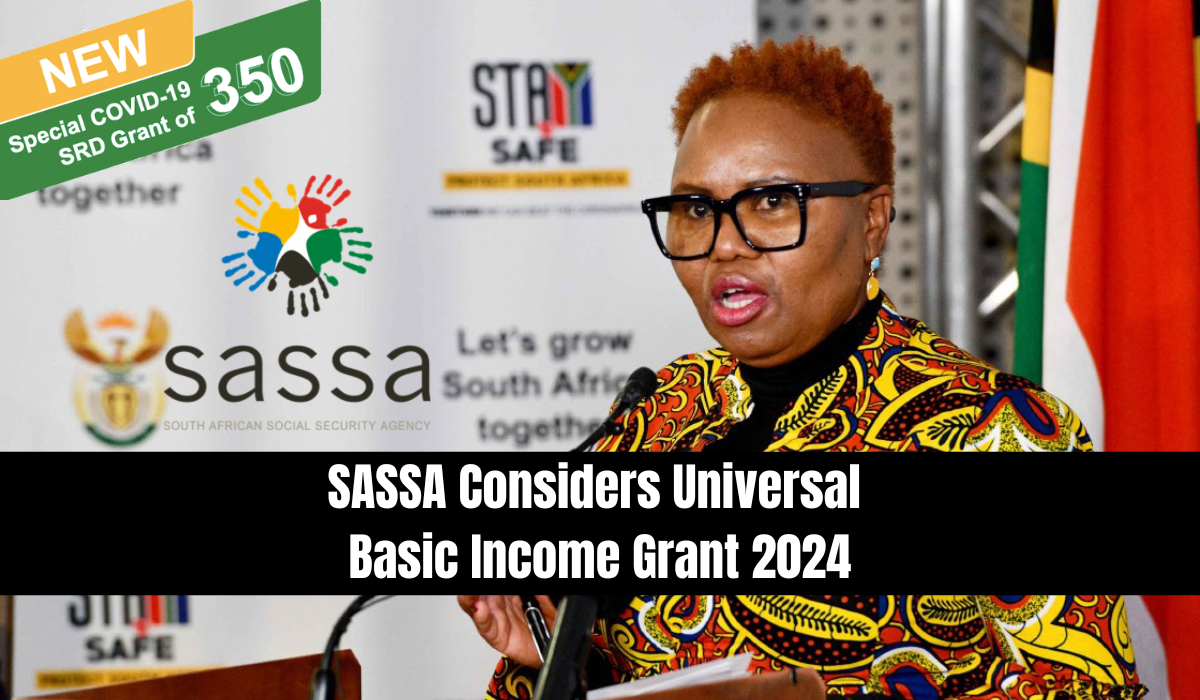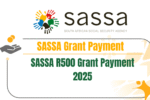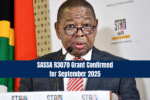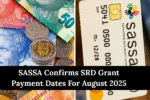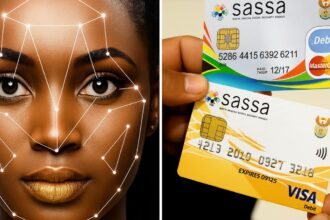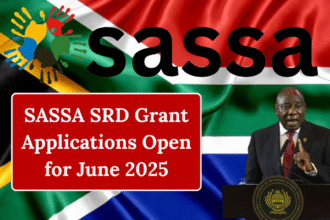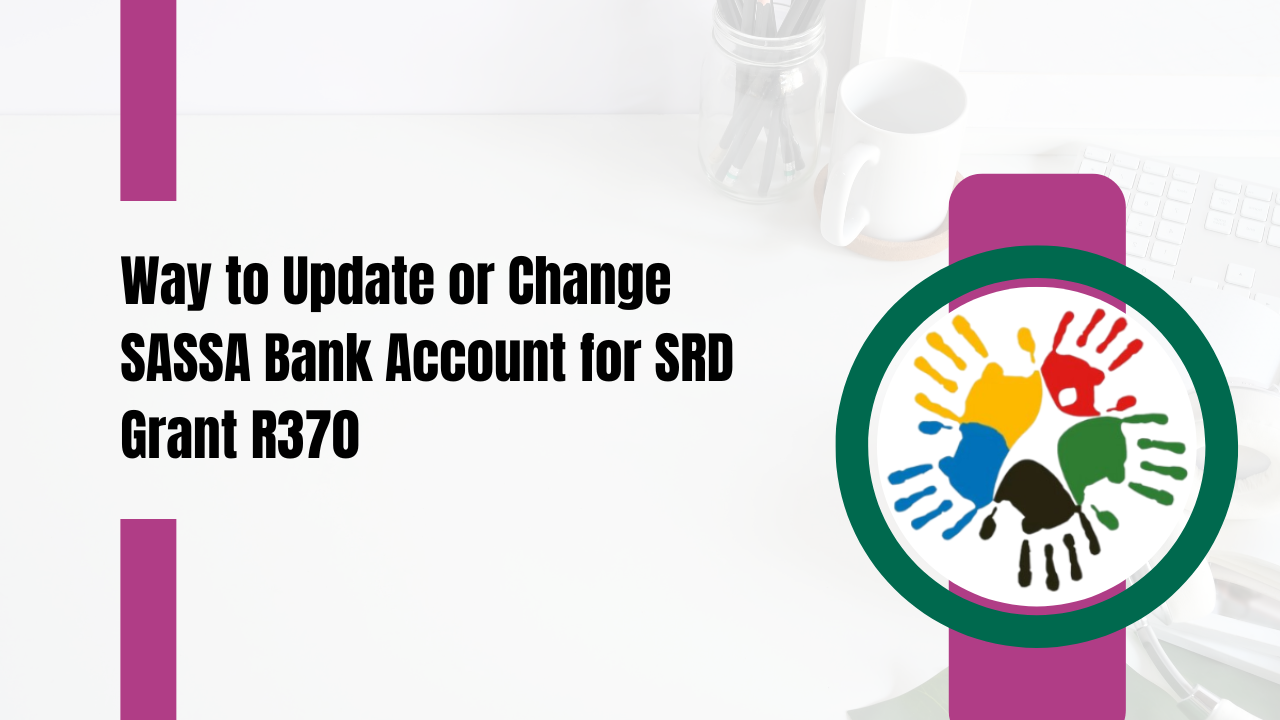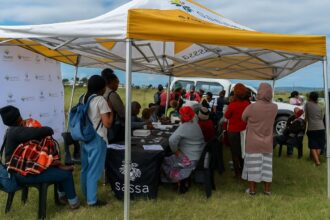SASSA Considers Universal Basic Income Grant 2024 – Will SRD End? South Africa is on the brink of a significant policy shift as the African National Congress (ANC) proposes a transformative idea that could reshape the country’s social safety net. In response to the challenges of the COVID-19 pandemic and the need for ongoing financial support, the ANC has unveiled a plan to replace the current Social Relief of Distress (SRD) grants with a Universal Basic Income (UBI) for all citizens. This potential change comes amid a period of political realignment and promises to redefine economic support in South Africa.
SASSA Considers Universal Basic Income Grant 2024 – Will SRD End?
The recent general elections on May 29, 2024, marked a pivotal moment in South Africa’s political landscape. The ANC, which has been a dominant force in South African politics since the end of apartheid, did not secure a majority. This development has prompted the ANC and other political parties to engage in extensive negotiations to form a new government.
In anticipation of these discussions, the ANC has put forth a bold proposal: converting the emergency relief funds distributed during the COVID-19 pandemic into a Universal Basic Income. If implemented, this plan would provide regular financial support to all South African citizens aged 18 to 59, regardless of their employment status. The ANC has pledged that if they win the election and establish the government, they will roll out this program within two years.
Current Assistance and Proposed Changes
Currently, South Africa provides a monthly SRD grant to individuals whose incomes fall below the food poverty line. The ANC’s proposal aims to expand this assistance to all adults by gradually increasing the income threshold. This move reflects a broader commitment to reducing economic inequality and supporting those in need.
Global Context of Universal Basic Income
The idea of Universal Basic Income is not new. It has been a topic of discussion among economists and policymakers around the world as a means to address economic disparities. High-profile advocates, including technology entrepreneur Elon Musk, have suggested that UBI could help mitigate the effects of job displacement due to automation and technological advancements.
Research supports the potential benefits of UBI. According to Kelle Howson, a senior researcher at the Institute for Economic Justice (IEJ) in Johannesburg, direct financial assistance to low-income households can boost economic activity. The IEJ findings show that around 93% of individuals receiving SRD payments use the funds primarily for food, underscoring the critical role of these payments in meeting basic needs.
International Examples of Universal Basic Income
Several countries have experimented with Universal Basic Income or similar programs, demonstrating various benefits:
- Kenya: A UBI experiment by GiveDirectly showed that beneficiaries used the funds to improve their living standards, save for future expenses, enhance their diets, and start small businesses.
- Spain: During the pandemic, Spain introduced a poverty alleviation program that provided €1,015 per month to 850,000 households.
- United States: The Coronavirus Aid, Relief, and Economic Security (CARES) Act provided $1,200 payments to adults earning under $99,000 annually.
- United Kingdom: The furlough scheme and self-employment support measures allocated £100 billion to support individuals affected by the pandemic and increased universal credit payments temporarily.
South Africa Unique Approach
Unlike many other nations that have scaled back pandemic-related support, South Africa has chosen to retain its COVID-19 grants despite financial pressures. The SRD payments, however, have been criticized for being insufficient, covering only half of what is needed to meet the food poverty line. This inadequacy, coupled with issues in the application and distribution process, means that many eligible individuals do not receive the support they need each month.
The ANC proposed Universal Basic Income could address these shortcomings by providing more consistent and comprehensive support to all South Africans, potentially improving economic stability and reducing poverty.
Conclusion
As South Africa stands on the threshold of a potential policy revolution with the introduction of Universal Basic Income, the future of SRD grants remains uncertain. If the ANC plan is realized, it could set a precedent for economic support systems worldwide, marking a significant shift in how nations address income inequality and social welfare.

